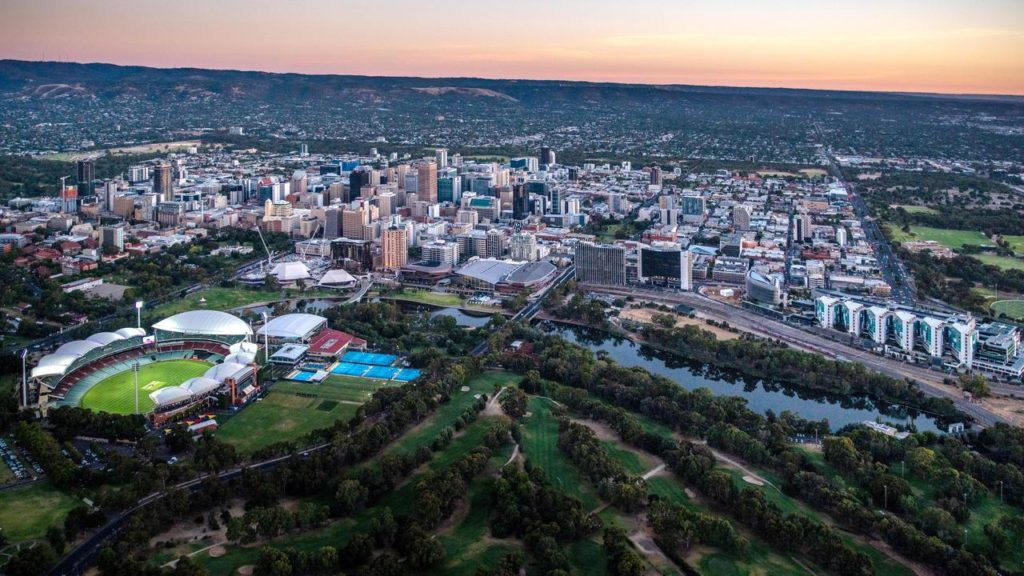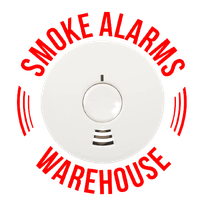State-by-State Smoke Alarm RequirementS
Different Smoke Alarm Requirements Around Australia
What Laws Regulate Domestic Smoke Alarms?
Well, that’s not a simple answer. Each state has its own rule and that rely on different laws and Australian standards. However, in general nationwide two important sources of guidance are:
- National Construction Code (NCC). This was previously called the Building Code of Australia (BCA).
- Australian Standard (AS 3786:2014) regulates photovoltaic and ionising smoke alarms which is mentioned in the National Construction Code (NCC). This Australian Standard deals with the minimum manufacturing requirements smoke alarms and components have to meet. It also set down the compliance rules for smoke alarm testing. That said, the National Construction Code (NCC) and state legislation stipulates installation and in-situ testing requirements.
Under the National Construction Code, houses and duplexes are considered class 1a dwellings and apartments are specified as class 2 (apartments) and require interconnect smoke alarms. The NCC is the foundation for these buildings however class 2 dwellings are permitted to have smoke alarms connected to a central fire safety panel that covers the entire structure. It’s important to understand that sites such as boarding houses and certain short-term accommodation such as backpackers as classified as class 1b dwellings and have stricter requirements, including installing and testing emergency lighting.
Where Do Smoke Alarms Need To Be Installed?
Under the National Construction Code (NCC), smokes alarms need to be interconnected and installed in various locations throughout a dwelling, including:
- If a storey has one or more bedrooms, smoke detectors must be installed in each hallway leading from a bedroom. In the case where there is no corridor, smoke alarms need to be placed in the areas between the bedrooms and other spaces in the building.
- If a level does not contain a bedroom, smoke alarms must be placed usually along traffic routes. This condition applies in the case where a storey only has a car park, bathroom and/or a laundry.
- Smoke alarms should be installed on the ceiling and at least 30cm distant from the cornice or a minimum of 50cm from the apex of sloped ceilings.
- If smoke alarms are not possible to be installed on a ceiling, they can be installed on walls however they should be no closer than 30cm to the joint.
How Do Smoke Alarm Requirements Vary In Different States?
Across Australia, there are different fire safety regulations which may be more stringent than the National Construction Code (NCC).
Victoria Smoke Alarm Requirements:
In Victoria, every residential dwelling is required to install smoke detectors on each storey. For houses constructed prior to the first of August 1997, battery operated smoke alarms are suffice. However, for properties constructed or those who have had a major renovation after this time, all smoke alarms need to be mains powered. Additionally, all homes built or having undergone major renovations after the first of May 2014 must use a system of interconnected smoke alarms.


Tasmania Smoke Alarm Requirements:
Beginning on the first of August 1997, all newly constructed domestic homes, and those that have been renovated required a building permit, must have at least one mains powered smoke detector on every storey. From the first of May 2016, every residential rental property has been required to install smoke detectors on each storey. In this situation, smoke alarms can either be put on mains power or be operated using a 10-year battery that cannot be removed.
South Australia Smoke Alarm Requirements:
From the first day in January 1995, every newly constructed home in South Australia needed to install smoke alarms with mains power. If a domestic residence was built prior to 1995, the use of smoke detectors with a removable battery are permitted. If there was a change in property ownership from the first of February 1998, then the new owners have a 6 month grace period to install either a 240 volt or 10-year non-removable battery powered smoke alarm. All new properties have been required to install interconnected smoke alarms beginning on the first day of May in 2014. If renovations were undertaken prior to the first of May 2014 that required greater than one additional smoke alarm, then the new detectors in the dwelling must be interconnected. In South Australia, it is not a requirement to interconnect the new ones to the existing alarms in the property, however any future extensions requiring new smoke alarms will need to connect to those in the earlier additions if approved after 1 May 2014.


Northern Territory Smoke Alarm Requirements:
In the NT, having smoke alarms hard wired in domestic dwellings has been a requirement from the 7th of January 1998. For houses built before this date, alarms must be installed however battery-powered detectors are approved for use. Beginning on the first of November 2011, only photoelectric alarms can be installed in homes in the Northern Territory. For properties that were built prior, battery-operated alarms are permitted if they contain a 10-year non-removable battery. Additionally, the territory stipulated that moveable dwelling like caravans must have smoke alarms installed.
NSW and ACT Smoke Alarm Requirements:
In line with the National Constriction Code (NCC), these two locations have required all domestic properties and moveable dwellings to have smoke alarms in place or retrofitted on every storey from the first of May 2006.


Western Australia Smoke Alarm Requirements:
From the beginning of July in 1997, smoke detectors with mains powered have been required on every newly constructed property and extensions. Additionally, starting on the first of October 1997, smoke detectors that are on mains power must have been installed in all properties that were rented and hired or sold. Local governments permit the fitting of battery- powered smoke detectors if smoke alarms cannot be hard wired due to lack of space and there is no other options. An example of this is where the building has a concrete ceiling. In this case, smoke alarms using a 10-year non-removable battery are required. Interconnected smoke alarms are required for all newly built homes that were approved to be constructed post May 1st, 2015. That said, if a property was constructed prior to this date, there is no requirement for interconnection.
Queensland Smoke Alarm Requirements:
Queensland now has the toughest smoke alarm requirements of all states and territories. Beginning from the first day of 2017, every single home which received construction approval or underwent major renovations must install extra interconnected smoke detectors in every bedroom. All rental properties and those that were sold after the first day of January 2022, were required to retrofit smoke detectors in every bedroom that were interconnected throughout the other areas in the home. By January 1st, 2027m every property in the state must meet the same conditions. These retrofitted smoke detectors that are installed into existing homes can have power from either a 10-year non-removable battery or hard wiring except where significant renovations have been undertaken. Starting on the first of January 2017, Queensland has only allowed photoelectric smoke alarms to be installed.

Make Sure You Adhere To The Requirements
As shown above, each state and territory has very different requirements regarding what smoke alarm setup they accept. There are many variables to consider to ensure you meet these new rules. Your best bet is to consult an industry professional with expert knowledge and purchase your smoke alarms and other components from a reputable company.
Smoke Alarms Warehouse is an industry leading supplier selling high quality smoke detectors and accessories nationwide. When you purchase a smoke alarm from our team, you are guaranteed the best products that are compliant with the National Construction Code and all relevant Australian Standards. Our friendly staff are knowledge professionals with many years of experience in the fire safety industry and have excellent product knowledge.
